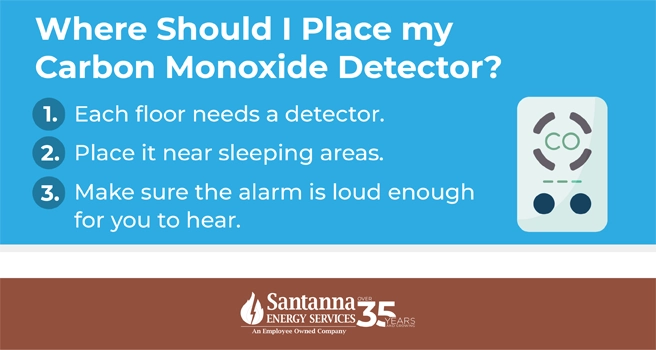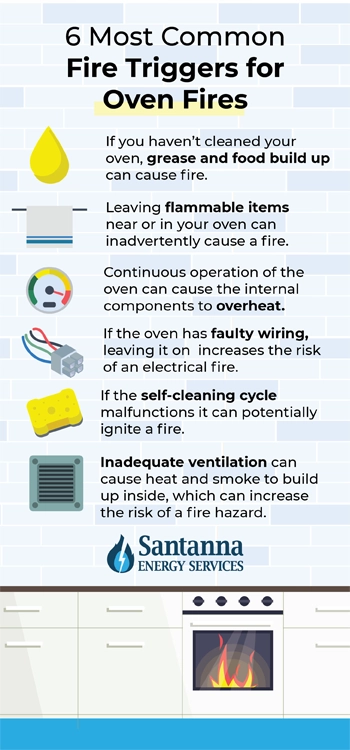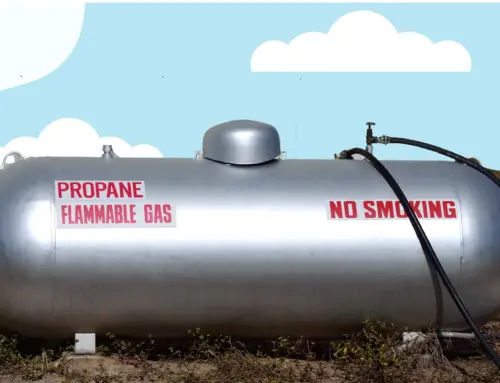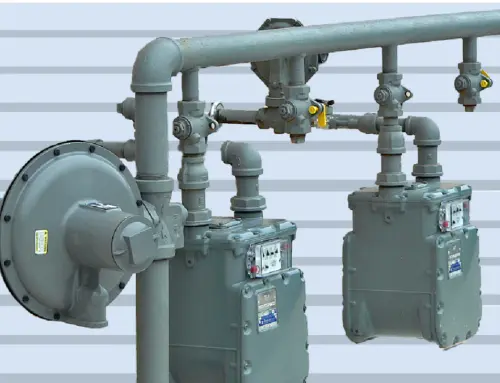10 Natural Gas Safety Tips New Homeowners Need to Know
by Jenna Mendez
9.2 min read
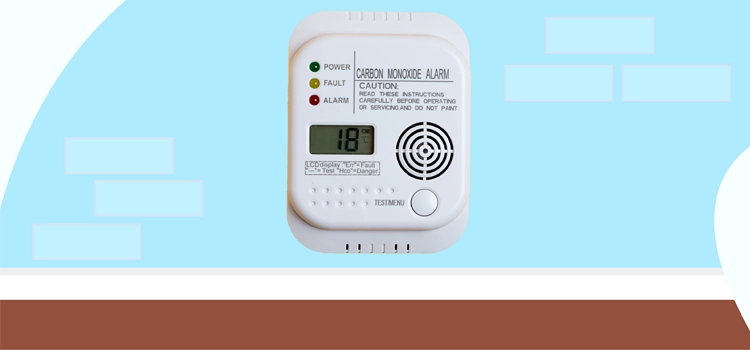
Natural gas is a common and convenient source of energy used by more than half of American homes worldwide! However, as with any type of fuel, it’s important to understand how to use natural gas in your home safely. But no need to fear, we have 10 essential safety tips to keep in mind. Whether you’re moving into a home with an existing natural gas system or planning to install one, these tips will help ensure that your home remains a safe and comfortable place for you and your loved ones. So, let’s dive in!
How does natural gas get to my home?
Natural gas gets to your home by being transported to your home through a series of pipelines that are monitored and maintained by natural gas companies. These pipelines are buried underground, making them less vulnerable to damage or disruptions. The gas travels through these pipelines at high pressure and is then reduced before entering your home’s meter which safely makes sure your home receives the right amount of energy you need.
Is natural gas safe for your home?
Many people may be hesitant about using natural gas in their homes, wondering if natural gas is safe or not. The truth is that when handled properly, natural gas is a very safe and reliable source of energy for your home! It has been used for decades and with advancements in technology and safety regulations, it has only become even safer over the years. With the right tips and safety precautions in place, there’s no need to worry! Here are our picks for the top 10 safety tips you should know to keep your home safe:
1. If you smell rotten eggs, get out
When it comes to natural gas, the most common safety concern is the risk of a gas leak. But how do you know if you have a gas leak? One of the most common signs is the smell of rotten eggs, which is added to natural gas as a safety measure since it has no odor of its own. Other signs include hissing or whistling sounds near gas lines, dead plants or vegetation near pipelines, and unusually high gas bills. If you smell gas in your home, leave the area immediately and call your local gas company for assistance. Not common but it does happen, be sure to keep an eye on your yard. According to People’s Trust Insurance Company, if you see dirt blowing around your yard when there’s little to no wind, this may indicate a gas leak in an underground utility line.
How to detect a gas leak
If you’re unsure if there’s a natural gas leak in your home, one of the most efficient ways you can find out is by using a gas detector. Gas detectors are sophisticated devices designed to promptly identify the presence of natural gas or any potentially harmful gases in your living space. Another way you can test for a natural gas leak is to conduct the soapy water test. Simply mix a teaspoon of water and spray or layer the solution in the area you think is a leak. If your solution starts to bubble up, this is an indication of a gas leak. If you suspect gas is leaking in or around an area that has electrical wiring, do not conduct this test and call a professional as soon as possible and leave your home.
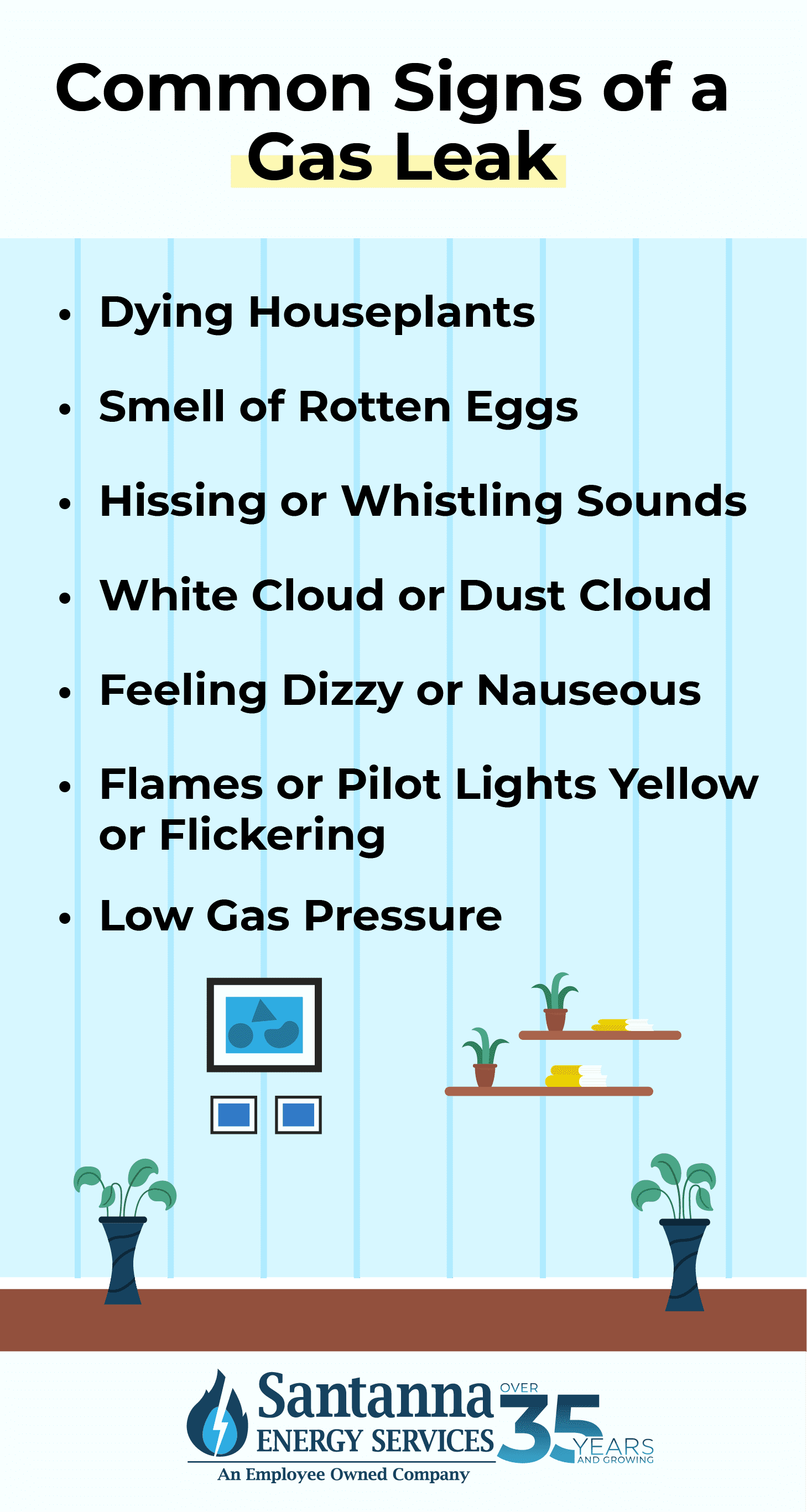
2. Install a carbon monoxide detector
Carbon monoxide is a colorless and odorless gas that can be produced by natural gas appliances if they are not functioning properly. In high levels, it can be extremely dangerous and even fatal. By installing a carbon monoxide detector, you can ensure that any potential leaks or malfunctions are detected early on, giving you time to address the issue before it becomes a serious threat. It’s a small investment that can make a big difference in keeping your home safe.
It’s important to note that while carbon monoxide detectors are very powerful tools, they do not detect natural gas leaks. However, some carbon monoxide detectors can alert you when your appliances improperly burn natural gas.
3. Regularly maintain your natural gas appliances
Just like any other household appliance, natural gas appliances require regular upkeep to ensure they are functioning properly and safely. This includes checking for any leaks, malfunctions, or wear and tear on the equipment. It’s also important to have a professional inspect and service your appliances annually to catch any potential issues before they become major problems.
Some of the most common appliances that use gas in your home include furnaces, stoves, clothes dryers, and fireplaces but how can you know for certain what appliances uses gas in my home? You can start by checking your utility bills to really narrow down what appliances use gas. Lastly, most gas-powered appliances will have labels or nameplates indicating that they use natural gas. Be sure to read your appliances manuals that specify which type of fuel they use.
4. Know how to turn off your natural gas valve
In case of an emergency or natural gas leak, it’s important to know how to turn off your home’s natural gas valve. This can be done by locating the main gas shut-off valve, which is usually located near the meter. If you are unsure of its location, contact your local natural gas company for assistance.
How to shut off the natural gas to your home
It’s also a good idea to familiarize yourself with the process of how to turn off your gas valve in case of an emergency. You can make sure your gas line is on if the valve handle is parallel to the gas pipe. Conversely, the gas line is off if the handle is perpendicular to the pipe. It’s essential to be familiar with this valve’s position and keep it in the “off” position when gas is not required, such as during maintenance, emergencies.
5. Keep your gas burners and oven top clean
Another important safety tip is to keep your gas burners and oven top clean. This not only helps with the efficiency of your appliances but also reduces the risk of potential fires or accidents. Food particles and grease buildup can easily catch fire on a hot burner, causing dangerous situations. Additionally, it’s important to know how to turn off the gas on your stove in case of an emergency. Most stoves have a shut-off valve located behind them – simply turn it counterclockwise to shut off the gas supply. If you cannot locate the valve, refer to your appliance manual or contact a professional for assistance.
6. Keep your natural gas fireplace clean and free from obstructions
If your home has a natural gas fireplace, it’s important to keep it clean and free from any obstructions. This includes regularly removing any debris or buildup around the fireplace and making sure the chimney is clear. A dirty or blocked fireplace can cause improper ventilation, leading to harmful gases being released into your home.
7. Keep flammable material away from natural gas appliances
When it comes to home safety, prevention is key. Storing flammable materials such as cleaning products, paper towels, and curtains can lead to a potential fire hazard when they come into contact with a malfunctioning appliance or an errant flame from your stove. Make sure to store these materials in a cool, dry place away from any heat sources. It’s also important to regularly check the area around your appliances for any potential hazards and remove them immediately.
8. Ensure good ventilation in areas with natural gas appliances
Proper ventilation is crucial when it comes to natural gas appliances. It ensures that any harmful gases, such as carbon monoxide, are safely released outside of your home. Make sure to keep the area around your appliances clear of any obstructions and always follow manufacturer’s instructions for proper ventilation. Adequate ventilation ensures that these gases are safely expelled from your home, maintaining indoor air quality. Regularly inspect vents to ensure they are unobstructed and functioning correctly.
9. Do not attempt to repair or modify gas appliances on your own
Gas appliances can be complex and potentially dangerous if mishandled. Repairing or modifying them without the necessary expertise can lead to gas leaks, fires, or even explosions, putting your home and safety at risk. It’s imperative to leave gas appliance repairs and modifications to qualified professionals who are trained to handle these specific systems.
10. Never use a natural gas oven or range top as a space heater
Ovens and stovetops are designed for cooking and baking, not as a source of heat for your living space. Attempting to use them as makeshift heaters can lead to various safety hazards, including carbon monoxide poisoning and fire risks. When used improperly, gas appliances can produce harmful combustion byproducts. It’s vital to use designated heating appliances and methods to keep your home warm, such as space heaters or central heating systems.
How to prevent a natural gas fire in your home
Natural gas is a common and efficient energy source, but it’s vital to prioritize safety when using it in your home. Even though gas leaks are more common in the home when it comes to using natural gas, let’s not forget to touch on how to prevent a gas fire. Here are some tips to keep in mind if you want to prevent gas fires in your home:
- Make sure pilot lights on stoves, water heaters, and furnaces are consistently burning blue, which indicates a clean and efficient burn.
- Periodically check for gas leaks by inspecting the gas lines and connections for any signs of damage, corrosion, or loose fittings.
- Teach your family members about gas safety, including the importance of not tampering with gas appliances or valves.
- Keep the area around gas appliances free from clutter, debris, and flammable materials to reduce fire hazards.
- Have an emergency plan in place that includes evacuation procedures and contact information for gas service providers and emergency services.
Most common causes of a gas fire
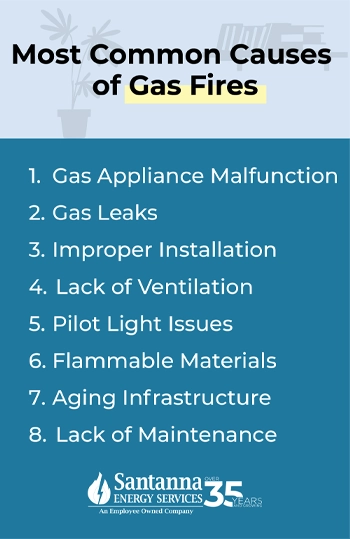
In the end, it’s important to familiarize yourself with natural gas safety tips to ensure you and your family stay safe. By taking the necessary precautions and being proactive about safety measures, you can enjoy the benefits of natural gas in your home without any worries!
Santanna Energy Services is a supplier of renewable energy solutions in the United States, providing services to Illinois, Indiana, Pennsylvania, Michigan, and Ohio. We provide a wide range of energy services and products to meet the needs of both residential and small business customers. Our mission is to provide innovative and cost-effective energy solutions that will help our customers achieve their energy goals. With over 35 years of experience, we are committed to creating life-long relationships by providing quality service to customers, communities, and employees.
Jenna loves to use her voice to spread awareness about reforestation, eco-friendly initiatives, and protecting planet Earth. She's passionate about making the world a better place and is driven by her desire to give back to the planet. She is committed to learning more about the environment and its preservation and is a strong believer in the power of education and activism.


